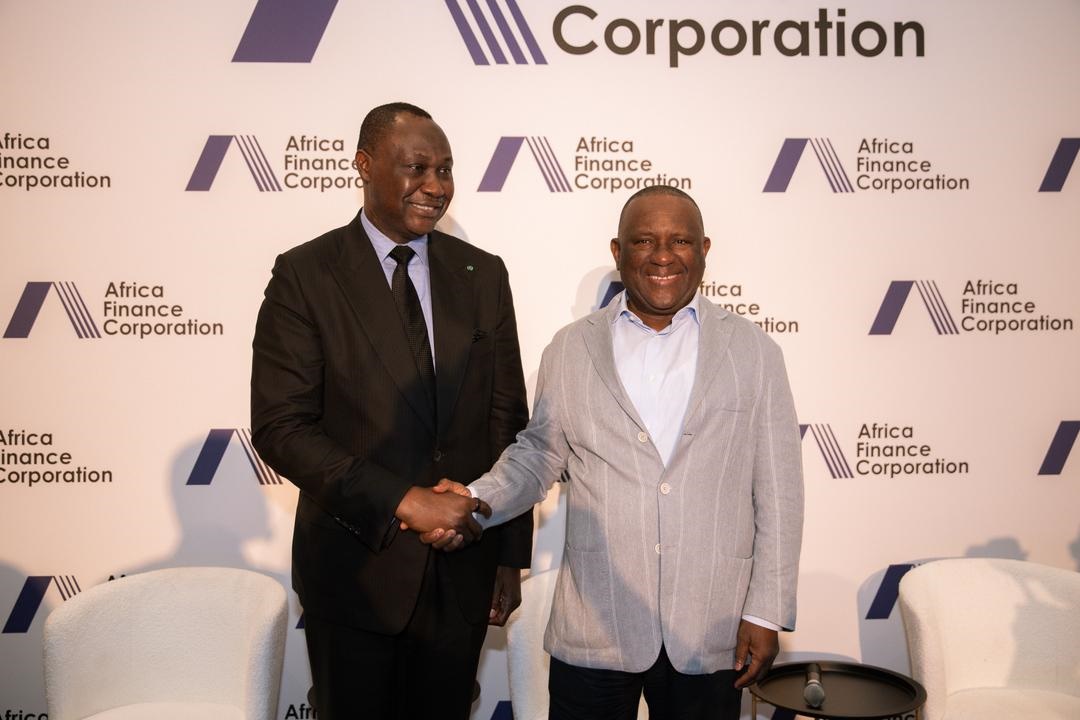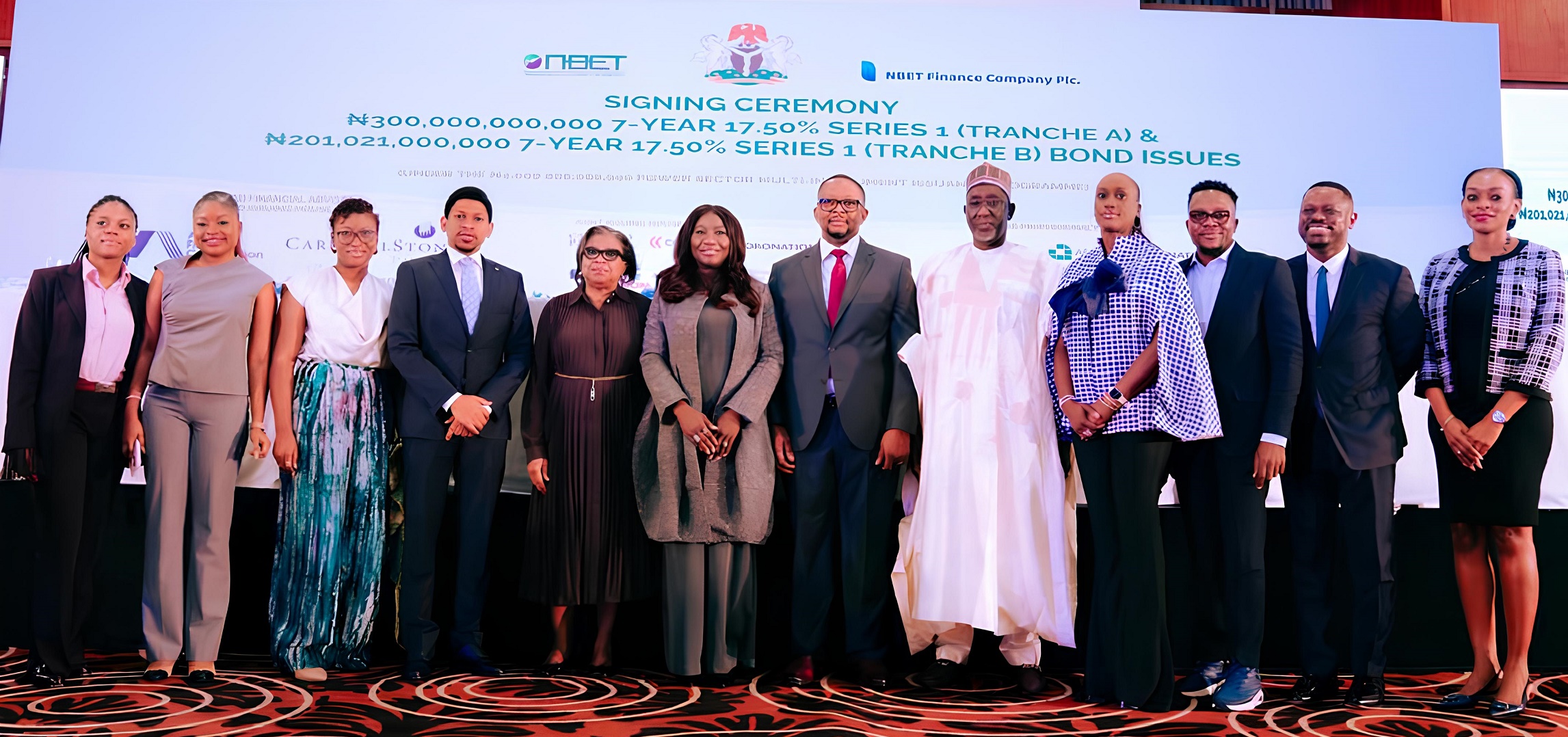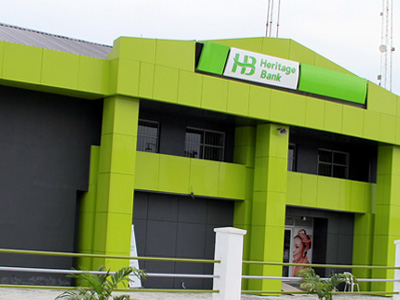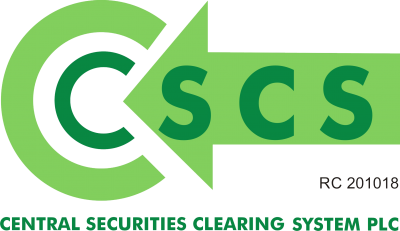
The management of telecommunications giant, Airtel Africa Plc, at the weekend told investors it is awaiting Approvals-In Principle from the Central Bank of Nigeria CBN) to enable it launch its mobile money and super agent banking services in Nigeria.
The company, which hosted a group investor session in Lagos to discuss its numbers for the half-year ended September 30, 201, as well as the outlook for the business, assured that it has submitted a applications, and fulfilled the set conditions for AIPs for Payment Service Bank PSB) and super-agent licenses, which it hopes will be granted in the next couple of months, or early 2020.
Airtel Money, the management continued, will be parallel supply side for the poor outside of the banking system, serving as a fintech company and bank for the unbanked.
A note to clients, analysts at cordros Capital Ltd, a member of the Nigerian Stock Exchange (NSE) on Wednesday, quoted the group as saying it is not worried that competitors- Glo and 9mobile have only been issued AIPs.
Airtel assured that it not new to playing catchup in different areas of its operation, noting nevertheless that mobile money operations are yet to kick off, just as they do not possess the scale of their bigger multinational counterparts.
Airtel recalled its current success in mobile money operations in Zambia where it had to play catchup for seven years, a market then dominated 99% by MTN and another player, successfully turning the table to become the biggest player in that space.
It also recalled having to play catchup in 4G as well, being the last to begin rollout in Nigeria, and now has the largest network in the country.
Management of the telco was also quoted as saying Nigeria is an untapped market for mobile money, with significant revenue potential, hence the huge opportunities for everyone.
In the area of currency risk to its operations, the company noted that the Democratic Republic of Congo (DRC) is a highly dollarised economy, and would help mitigate such risk, with all local currency transactions done at prevailing exchange rate daily. Another help, it noted is that Chad, Niger, Gabon, Congo-Brazzaville use the CFA Franc, which is pegged to the Euro, resulting in marginal movements and impacts.
The major currency risk in the group’s operation were identified as East Africa and Nigeria, following which it ensures foreign and local currency debts are balanced daily, stressing that outside of Nigeria average currency devaluation over the last three to five years across countries of its operation has hovered around 3%. Going forward, it anticipates average devaluation of between 2.5% and 3.0%, in the medium term.
Airtel assured that a large portion of its debt is short term and taken at local operating company level, totaling US235m in local currencies, while US$562m is foreign; in addition to US$1.2bn in finance lease obligations payable over a seven to 10-year period. There is also another US$2.7bn of foreign currency debt at Holdco level due between March 2020 and 2024, just as the group has US$1.5bn cash in banks –sufficient to pay upcoming obligation. There are also enough facilities in hand, it continued, to take up as and when required to do so for the rest of the debt.
Airtel’s management told the analysts that its Nigerian business is debt free, besides its lease obligation.













